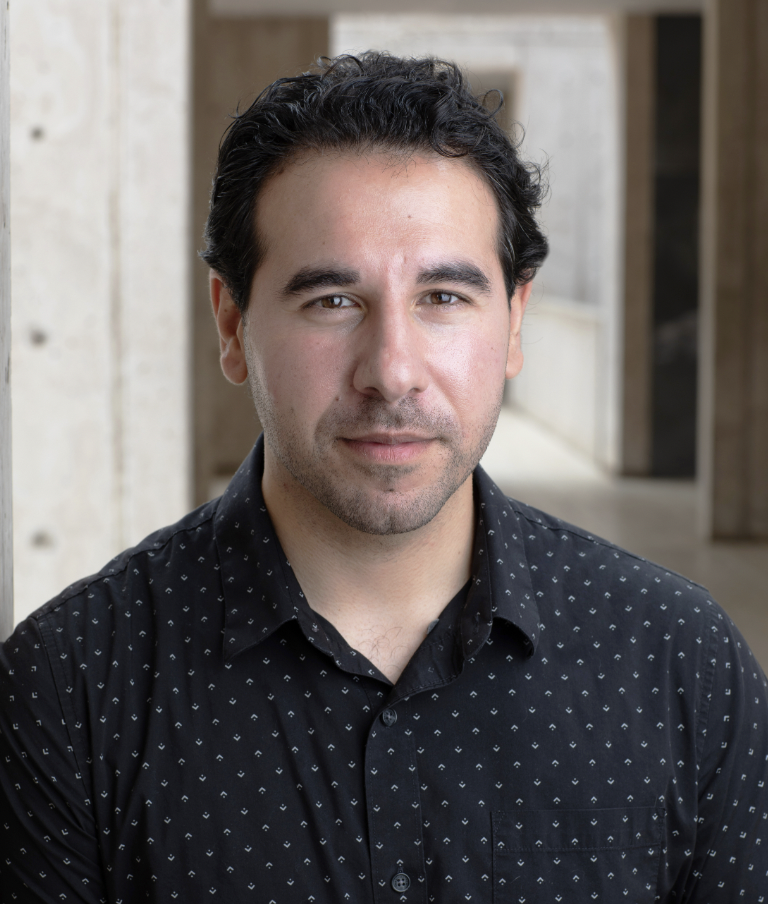
Joe Nassour, PhD
Assistant Professor
Contact Information:
Phone: (303) 724-3591
E-mail: joe.nassour@cuanschutz.edu
Education:
PhD., Pasteur Institute of Lille - University of Lille, France.
Research Interests
Cancer emerges due to genetic and epigenetic changes that accumulate in somatic cells, allowing them to evade normal proliferation limits and attain immortality. Our laboratory studies various aspects of telomere biology, with a specific focus on understanding how the shortening of telomeres during replicative aging creates barriers to cell proliferation and restricts the development of cancer. Our research entails a combination of advanced techniques in cell biology, molecular biology, and single-cell multiomics to explore the interplay between telomere function, innate immune signaling, and autophagy, and how these pathways work together to suppress the early stages of tumor development. Our overarching goal is to deepen our understanding of cancer biology and develop innovative strategies to combat this disease.
Our current research focuses on the following aspects of telomere biology:
-Proliferative barriers and cell immortalization
-Crosstalk between telomeres, mitochondria, and innate immune signaling
-Autophagy and genomic consequences of telomere dysfunction
We strive to create a supportive, diverse, and inclusive laboratory environment with exceptional training and career development opportunities for fellows and students. We encourage you to explore our website (www.nassourlab.com) and contact us for discussions, collaborations, or career opportunities.
Our current research focuses on the following aspects of telomere biology:
-Proliferative barriers and cell immortalization
-Crosstalk between telomeres, mitochondria, and innate immune signaling
-Autophagy and genomic consequences of telomere dysfunction
We strive to create a supportive, diverse, and inclusive laboratory environment with exceptional training and career development opportunities for fellows and students. We encourage you to explore our website (www.nassourlab.com) and contact us for discussions, collaborations, or career opportunities.
Lab Personnel
| Pictures | First Name | Last Name | Job Title | |
 | Remington | Hoerr | Postdoctoral Scholar | remington.hoerr@cuanschutz.edu |
 | Rachid | Boutoual | Postdoctoral Scholar | rachid.boutoual@cuanschutz.edu |
 | Abigail | Gillespie | Postdoctoral Scholar | abigail.gillespie@cuanschutz.edu |
 | Selena | Martinez | PhD Student | selena.martinez@cuanschutz.edu |
 | Alexander | Beacom | PhD Student | alexander.beacom@cuanschutz.edu |